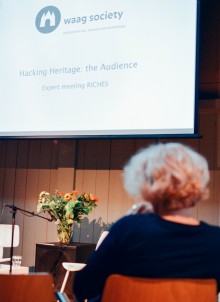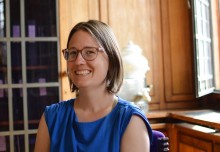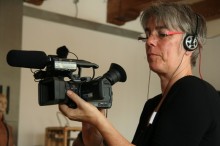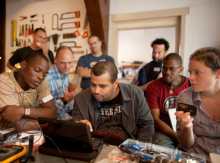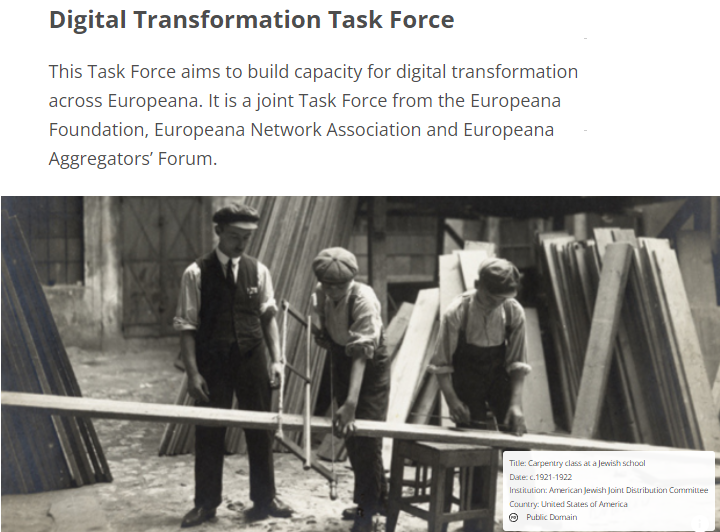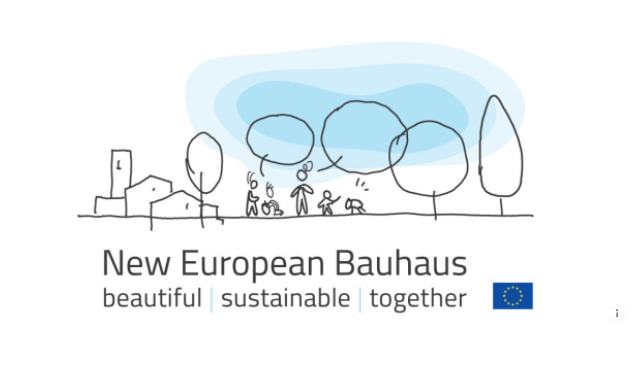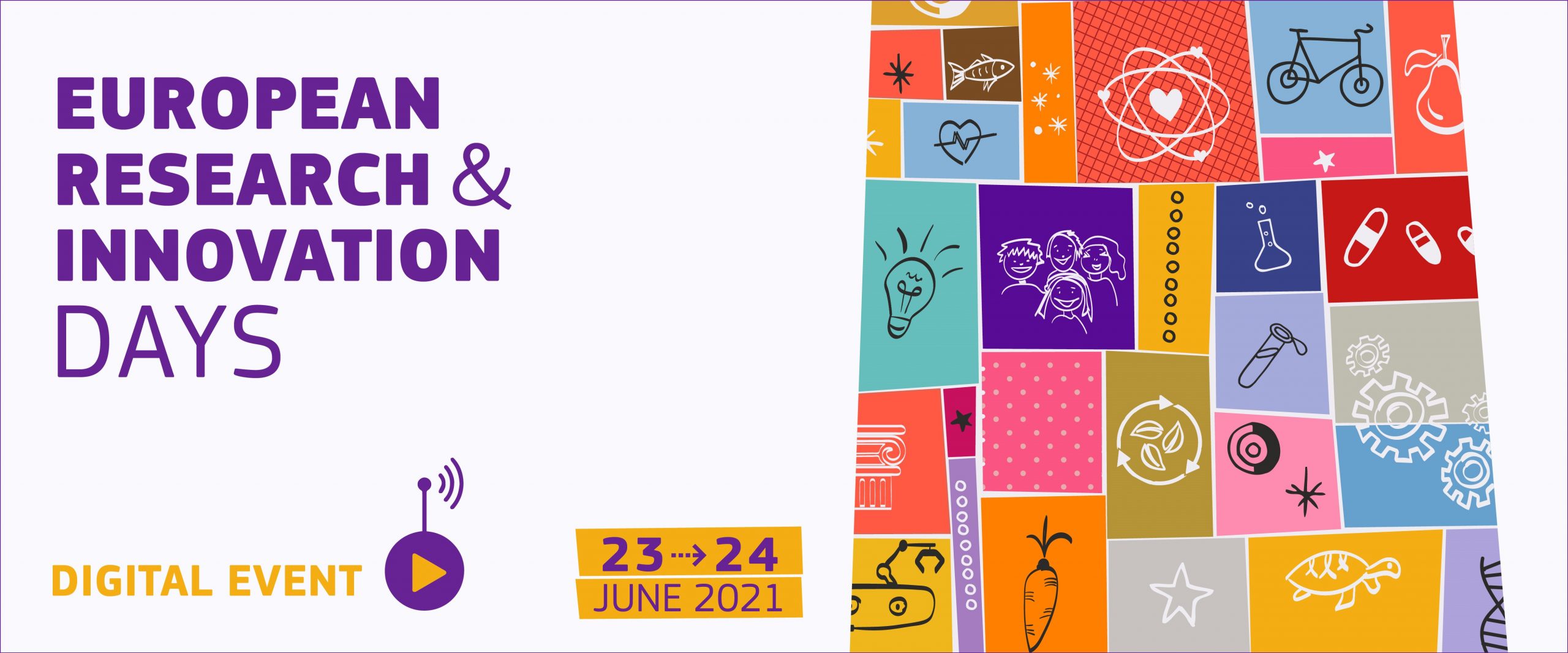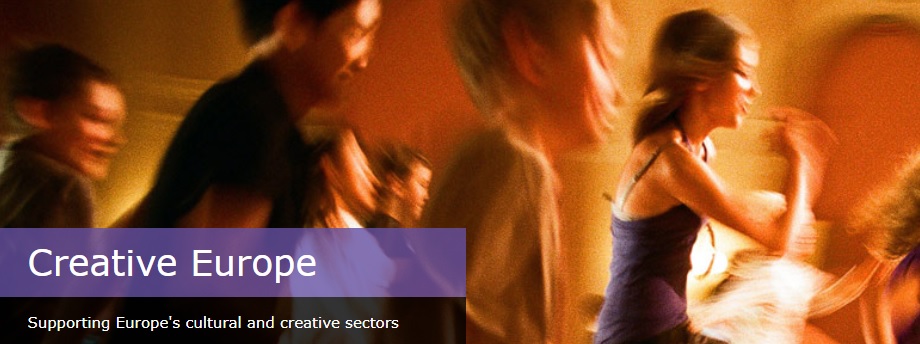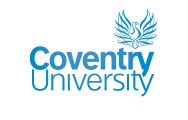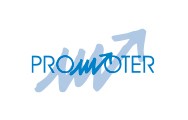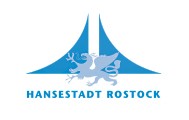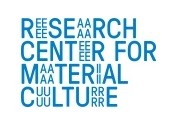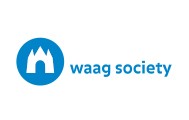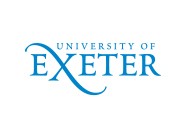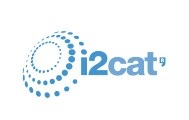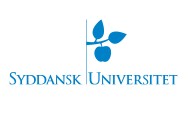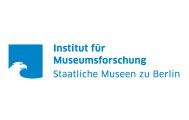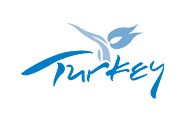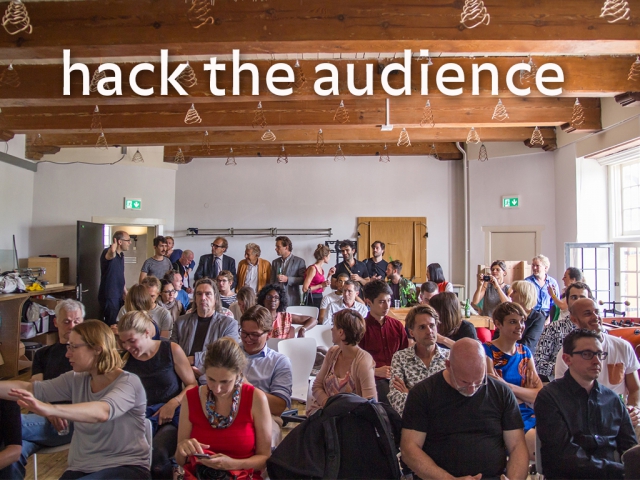
CC: Carina Erdmann/Waag Society 2015
http://creativecommons.org/licenses/by-nc-sa/4.0/
Co-creation is a powerful strategy to build new relationships. At “Hacking Heritage: the audience”, on 5 October 2015, museum professionals present and discuss the potential benefits of working co-creatively with their audience and share lessons learned and tips. Through inspiring panel sessions and presentations, Waag Society experts will explore the opportunities co-creation provides and the challenges that come along with it.
Co-creation starts from the idea that everyone is an expert on one issue or another, first and foremost on his/her own life. Actually, co-creation is nothing new, but it can bring something new to museum practices: it can enrich the stories a museum tells, it can enhance the understanding between the different worlds we inhabit or it can change the way a museum programmes its future events.
During “Hacking the Audience” participants will go into questions of language, creativity, equality, modern craftsmanship, innovation, cultural identity and strategy. Twelve heritage experts take the stage to discuss their experiences and come to new ideas together. Three inspiring examples will be highlighted in short presentations. There will be enough room for questions and remarks, both during the meeting as well as during drinks afterwards.
Speakers
- Hannah Fox, project director van de Derby Silk Mill
- Tiedong Yang, was involved in the Young Curators Project of the Chester Beatty Library
The full programme (with more speakers!) will be soon available on the event webpage.
The expert meeting “Hacking Heritage: the audience” takes place in the Theatrum Anatomicum of the Waag. Entrance is free.
For registration and further information click here.
Within the EU-project RICHES, Waag Society is preparing to launch a publication aimed at heritage professionals, providing them with inspiration, resources, strategies and tools for anyone wanting to explore co-creation. Within the expert meeting Waag Society’s members will give you a sneak peek of the tools they are developing.



